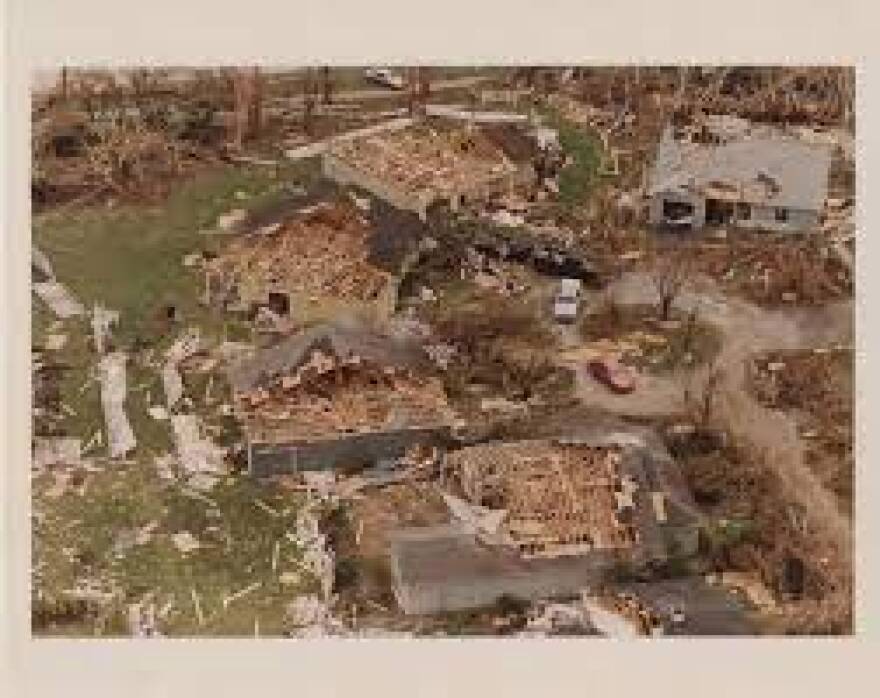Hurricane Andrew "forever changed the way we look at" disaster preparedness in Florida, state and local officials said as they observed the Category-5 storm's anniversary in the South Dade city it all but destroyed.
Today marks 30 years since Andrew — the worst hurricane ever to hit Florida — devastated Miami-Dade County, killing 65 people and causing $27 billion in damage.
Because the city of Homestead was especially hard hit, government leaders, including Florida Lieutenant Governor Jeanette Nuñez and Miami-Dade Mayor Daniella Levine Cava, joined emergency response officials at the Homestead Air Reserve Base to commemorate the disaster on Tuesday.
But they also emphasized how it led to the dramatic modernization of hurricane preparedness in Florida and Miami-Dade — everything from evacuation to construction to storm-tracking.
"While much of the storm's effects were felt for years to come, especially here in South Dade, Hurricane Andrew forever changed the way we look at building codes, disaster preparedness and safety," said Levine Cava, who as a county official at the time helped direct legal and other help for families and children displaced by the disaster.
"Everything we know today about hurricane forecasting, communication, emergency management, evacuation, planning, mitigation and response was defined, if not set in motion, by Andrew," said Jamie Rhome, interim director of the Miami-based National Hurricane Center.

Rhome also pointed out that while all those advances have sharply cut hurricane mortality, one of the biggest causes of storm deaths today occurs in the aftermath — when, during the power and air conditioning outages, people die of carbon monoxide poisoning after using gas-powered generators too close to their homes.
Florida's "dedication to ensuring that [Andrew's] level of destruction will never happen again," said Nuñez, "has been something that I think has made our state a national leader in the field of emergency management."
Florida’s Division of Emergency Management director, Kevin Guthrie, also urged people not to let their guard down during what so far has been a relatively quiet storm season — as 1992 had been.
“In 1992, 30 years ago, Hurricane Andrew was the very first storm of that season," Guthrie noted.
"And it’s in August. So when people think about, 'Oh, we’ve had a slow start to hurricane season,' well, people need to understand we are now in the peak of hurricane season. And it just started about a week ago. And it’s going to last through all of September and into October. So again: now’s the time to be prepared.”
Guthrie asks people to visit floridadisaster.org for preparation tips. The National Hurricane Center this week is watching two potential storms in the Atlantic moving toward the Caribbean.
Copyright 2022 WLRN 91.3 FM. To see more, visit WLRN 91.3 FM.





